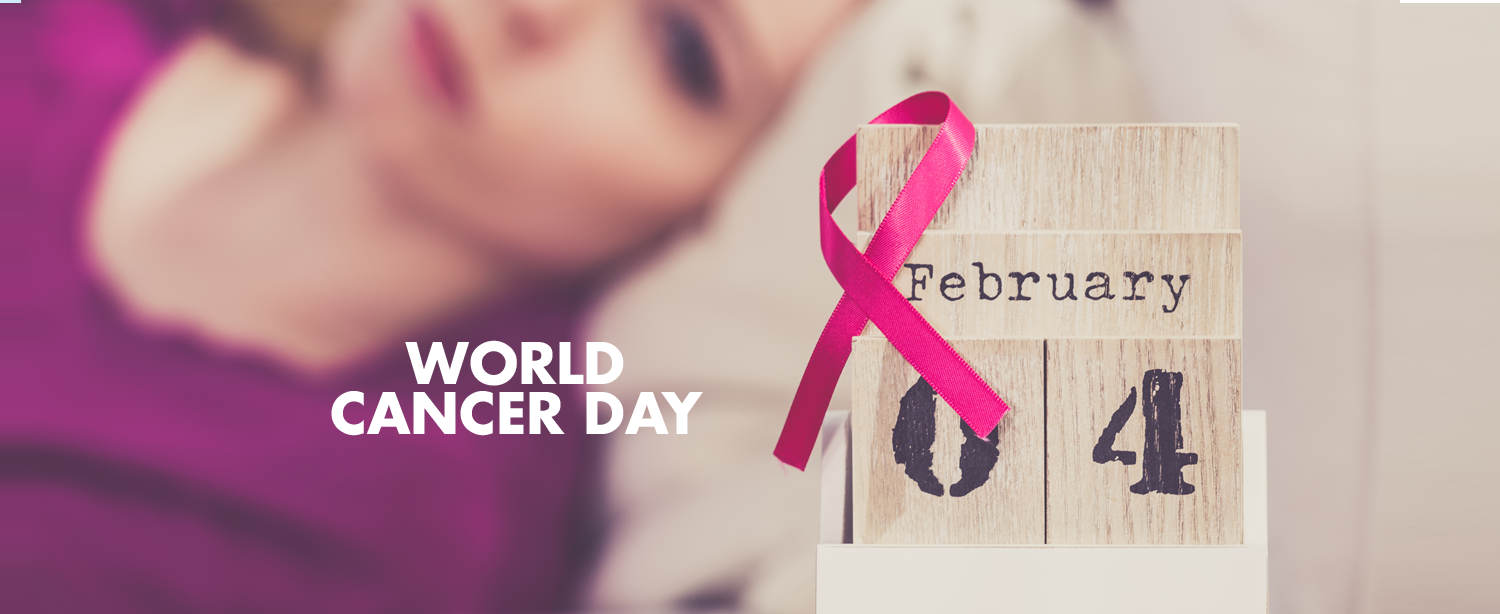What does Cancer…the dreaded disease actually mean?
Cancer, also called malignancy refers to any one of a large number of diseases characterized by the development of abnormal cells that divide uncontrollably and have the ability to infiltrate and destroy normal body tissue. Cancer often has the ability to spread throughout the body.
There are more than 100 types of cancer, including breast cancer, skin cancer, lung cancer, colon cancer, prostate cancer, and lymphoma. The symptoms vary depending on the type. Cancer treatment may include chemotherapy, radiation, and/or surgery.
Cancer Symptoms
Signs and symptoms caused by cancer will vary depending on what part of the body is affected. Some of them are listed below:
- Fatigue
- Lump or area of thickening that can be felt under the skin
- Weight changes, including unintended loss or gain
- Skin changes, such as yellowing, darkening or redness of the skin, sores that won’t heal, or changes to existing moles
- Changes in bowel or bladder habits or indigestion
- Persistent cough or trouble breathing
- Difficulty swallowing, hoarseness in voice
- Persistent, unexplained muscle or joint pain
- Persistent, unexplained fevers or night sweats
- Unexplained bleeding or bruising
Causes
Cancer is caused by changes (mutations) to the DNA within cells. The DNA inside a cell is packaged into a large number of individual genes, each of which contains a set of instructions telling the cell what functions to perform, as well as how to grow and divide. Errors in the instructions can cause the cell to stop its normal function and may allow a cell to become cancerous.
Risk factors
Factors known to increase your risk of cancer include:
- Your age – Cancer can take decades to develop. That’s why most people diagnosed with cancer are 65 or older. While it’s more common in older adults, cancer isn’t exclusively an adult disease — cancer can be diagnosed at any age.
- Your habits – Certain lifestyle choices are known to increase your risk of cancer. Smoking, drinking more than one alcoholic drink a day, excessive exposure to the sun, being obese, and having unsafe sex can contribute to cancer.
- Your family history – Only a small portion of cancers are due to an inherited condition. If cancer is common in your family, it’s possible that mutations are being passed from one generation to the next.
- Your environment – The environment around you may contain harmful chemicals that can increase your risk of cancer. Second hand smoke, chemicals in your home or workplace, such as asbestos and benzene, also are associated with an increased risk of cancer.
Prevention
There’s no certain way to prevent cancer. But you can reduce your risk of getting cancer by taking the below steps:
- Stop smoking. If you smoke, quit. If you don’t smoke, don’t start. Smoking is linked to several types of cancer — not just lung cancer. Stopping now will reduce your risk of cancer in the future.
- Avoid excessive sun exposure. Harmful ultraviolet (UV) rays from the sun can increase your risk of skin cancer. Limit your sun exposure by staying in the shade, wearing protective clothing or applying sunscreen.
- Eat a healthy diet. Choose a diet rich in fruits and vegetables. Select whole grains and lean proteins.
- Exercise most days of the week. Regular exercise is linked to a lower risk of cancer. Aim for at least 30 minutes of exercise most days of the week.
- Maintain a healthy weight. Being overweight or obese may increase your risk of cancer. Work to achieve and maintain a healthy weight through a combination of a healthy diet and regular exercise.
- Drink alcohol in moderation, if you choose to drink. Do not start drinking if you don’t. If you choose to drink alcohol, limit yourself to one drink a day if you’re a woman of any age or a man older than age 65, or two drinks a day if you’re a man 65 years old or younger.
- Schedule cancer screening exams. Talk to your doctor about what types of cancer screening exams are best for you based on your risk factors.
Some crucial facts about Cancer:
- Cancer is the #2 killer in developed countries and #1 in underdeveloped countries.
- Scientific experts worldwide agree that at least half of all cancers and cancer-related deaths are preventable.
- A single cigarette contains 69 known cancer-causing carcinogens and over 4,000 chemicals.
- Cancer is the #1 disease killer of children.
- Globally, one in every eight deaths is caused by cancer. Approximately 70% of cancer deaths occur to those of low and middle incomes.
- One may experience no symptoms of ovarian cancer, lung cancer, or colon cancer until the cancer cells spread to other areas of your body. Early screening is imperative to catching these cancers in time.
- What you eat matters. Green tea, berries, turmeric, avocados, garlic, kale, and even dark chocolate can naturally trigger cancer cells to self destruct via apoptosis.
- If anyone among your family or friends is showing any cancer related symptoms, waste no time. Meet our team of specialists at the Centre for Cancer at Kokilaben Dhirubhai Ambani Hospital. Please see below link for more details:
https://www.kokilabenhospital.com/departments/centresofexcellence/centrefor_cancer.html


